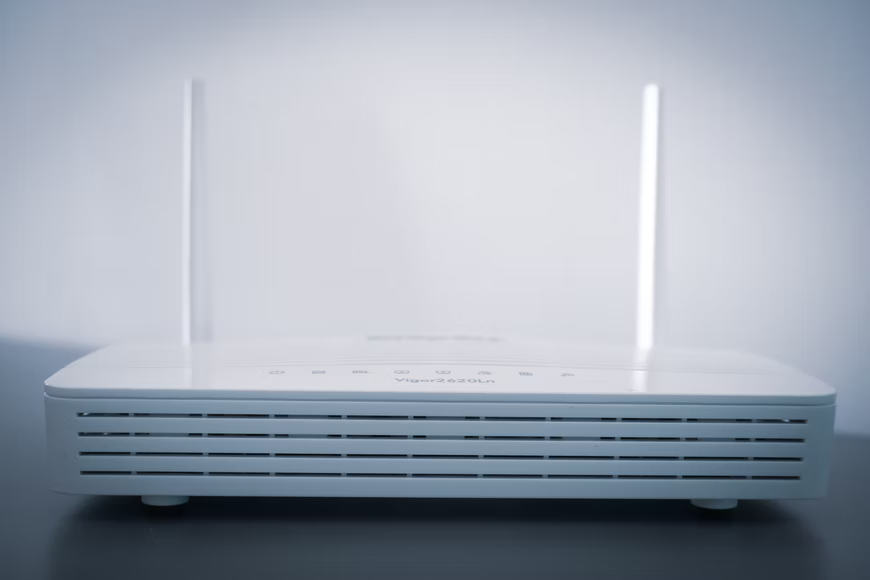How To
How to secure your Wi-Fi from hackers

Hacking continues to be a threat to the government, to businesses, and to you. It is important that you reconsider the steps you have taken to secure your online security. One way of doing that is making sure you don’t get hacked through your home Wi-Fi.
There are many different ways you can get hacked. This is why you have taken your precautions. You have installed antivirus software onto your computer, you are skeptical when you receive cryptic mails, you don’t fall for tricks. You even make sure to regularly change the passwords to your accounts. Still, you can become the victim of a cyberattack. Maybe there is something you are missing.
Can you get hacked through your home Wi-Fi?
Most people understand that cybersecurity is important. The threat of cybercrime is still on the rise both for individuals and for society as a whole. However, not many people know the numerous ways a cybercriminal can hack your device. One often overlooked method is hacking through Wi-Fi.
The danger of Wi-Fi hacking is that you can be hacked without even noticing. Hackers use a technique called DNS hijacking, which stands for Domain Name Server. This method allows hackers to breach your home Wi-Fi network through your router and redirect you to a website controlled by them. The purpose of this is tricking you to reveal sensitive information such as your credit card number or login information to certain accounts.
What can you do to avoid getting hacked through your Wi-Fi router?
Change the name of your home Wi-Fi
The first thing you should do to improve the level of security of your Wi-Fi router is change the name of your home Wi-Fi network. Most router companies give their routers a default service set identifier. This makes it easier for hackers to identify your Wi-Fi router and hack it. To avoid this, change the name of your network. Make sure you choose a name that isn’t personal, something random that will make it more difficult for the hackers to find your router. As an extra precaution, you can turn off name broadcasting, which makes the name of your Wi-Fi invisible to others but you.
Create a complicated password
The next thing you need to do is create a strong and complicated password for your Wi-Fi connection. Not having a password is extremely risky. You are essentially inviting hackers to breach the security of your router. If you don’t have a password, make one immediately. As with all passwords, it is crucial that you create a wifi password that is completely random, using a combination of letters, numbers, and special characters. This makes it more difficult for hackers to access your Wi-Fi network, since they can’t use personal information about you to guess the password.

Make sure that the firewall of your router is turned on
Lastly, find out if your router has turned on the firewall. This is a network security device designed to protect your computer from malwares and viruses. Most routers have these in-built. However, sometimes the firewall is turned off. Find more information about routers here to make sure everything is in order.













